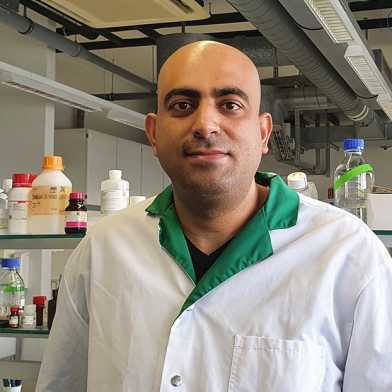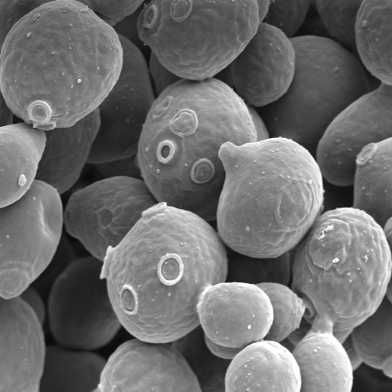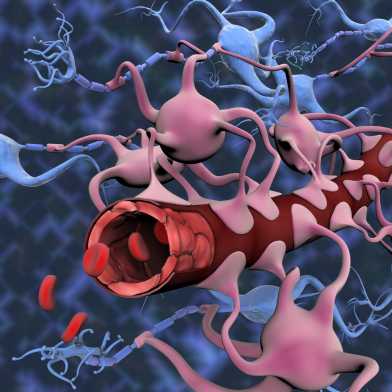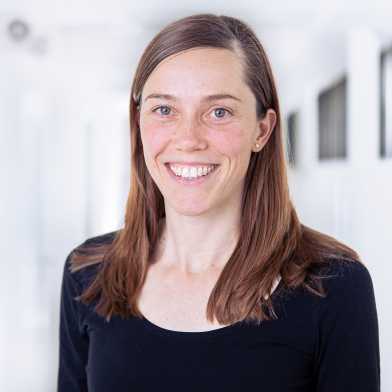02
"With your application you can demonstrate your scientific maturity and independence"

Mohamed Mahameed, a postdoctoral researcher in the Biotechnology and Bioengineering group of Martin Fussenegger, did his doctorate at the Hebrew University of Jerusalem, Israel. A fellowship from the European Molecular Biology Organisation (EMBO) then offered him the opportunity to transition from basic research to applied bioengineering. In his project, he investigated how to speed up the insulin secretion of genetically modified cells for diabetes therapies.
ETH Public Tour to the Bioprocess lab

On 21 March, 6:15 PM, the D-BSSE opens the doors to the labs of the Bioprocess group led by Sven Panke. The group will introduce the public to the topic: How synthetic biology teaches evolution new tricks. Registration is required. Please note that this tour will be held in German.
Improved method for engineering therapeutic and diagnostic proteins on yeast

Surface proteins on yeast cells play a key role in biomedical applications. The process involves producing modified proteins on the yeast surface and selecting cells that exhibit favourable behaviour, such as binding to a target molecule. A study in ACS Synthetic Biology led by researchers around Michael Nash now presents a new method that equips yeast cells with specific genes that control the amount of protein produced on the cell surface.
Achieving a better understanding of how the blood-brain barrier works

Up to now, the use of models to research the barrier that separates the circulatory from the nervous system has proven to be either limited or extremely complicated. Researchers from the group of Andreas Hierlemann have developed a more realistic model that can also be used to better explore new treatments for brain tumours.
Barbara Treutlein receives renowned Friedrich Miescher Award

Barbara Treutlein, Head of the Quantitative Developmental Biology Lab, will be awarded the Friedrich Miescher Award 2023. The prize is Switzerland’s highest distinction for scientists under 40 working in the field of biochemistry.
SARS-CoV-2 genome data analysis points to efficiency of Swiss public health measures in 2020

A large-scale study led by researchers from the group of Tanja Stadler shows the extent to which measures taken at the start of the pandemic in 2020 slowed the spread of the virus in the population. The quantitative analysis used a representative subset of over 11’000 sequenced coronavirus genomes from COVID19 patients in Switzerland and compared viral introductions to Switzerland at the point of border closures and beyond with a scenario where certain public health measures were absent.